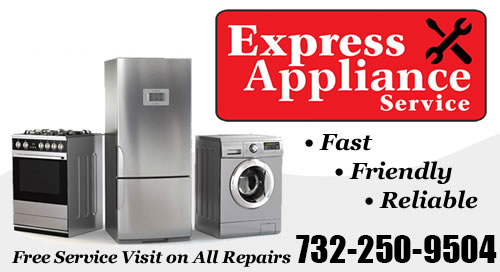Does anyone read the fine print on those appliance warranties? Maybe not, but they should. Knowing the details of your appliance warranties can save you money and frustration if something goes wrong. Here is some guidance on how to better understand your appliance warranties.
What is a warranty?
An appliance warranty is a promise from the manufacturer, assuring you that your product will function as intended for a certain period of time. It usually plays a crucial role in purchasing decisions and future appliance maintenance. Warranties offer protection against unexpected failures and malfunctions.
Why You Should Understand Your Warranty
A clear comprehension of what your warranty covers can save you unnecessary expenses and hassles. When your appliance shows signs of a malfunction early in its life span, your warranty is often the first line of defense. But warranties vary significantly in terms of coverage and duration. Some offer comprehensive coverage, including both parts and labor, while others may only cover specific components.
How can your appliance warranty save you money?
Not every appliance hiccup requires the out-of-pocket cost that comes with hiring an appliance repair company. If your appliance is under warranty, some or all of those repair costs could be covered. Understanding the ins and outs of your warranty can help you make the most of your coverage and avoid unnecessary expenses.
Get Help on Identifying A Repair Covered by Your Warranty
If you need help with finding out if your warranty covers your repair, contact Express Appliance Service! We’re well-versed in the complexities of appliance warranties. We can help to diagnose the issue and identify if this is something that is covered by your appliance’s warranty. Our friendly team of experts will be happy to discuss your issue and schedule an appointment with us if necessary.

